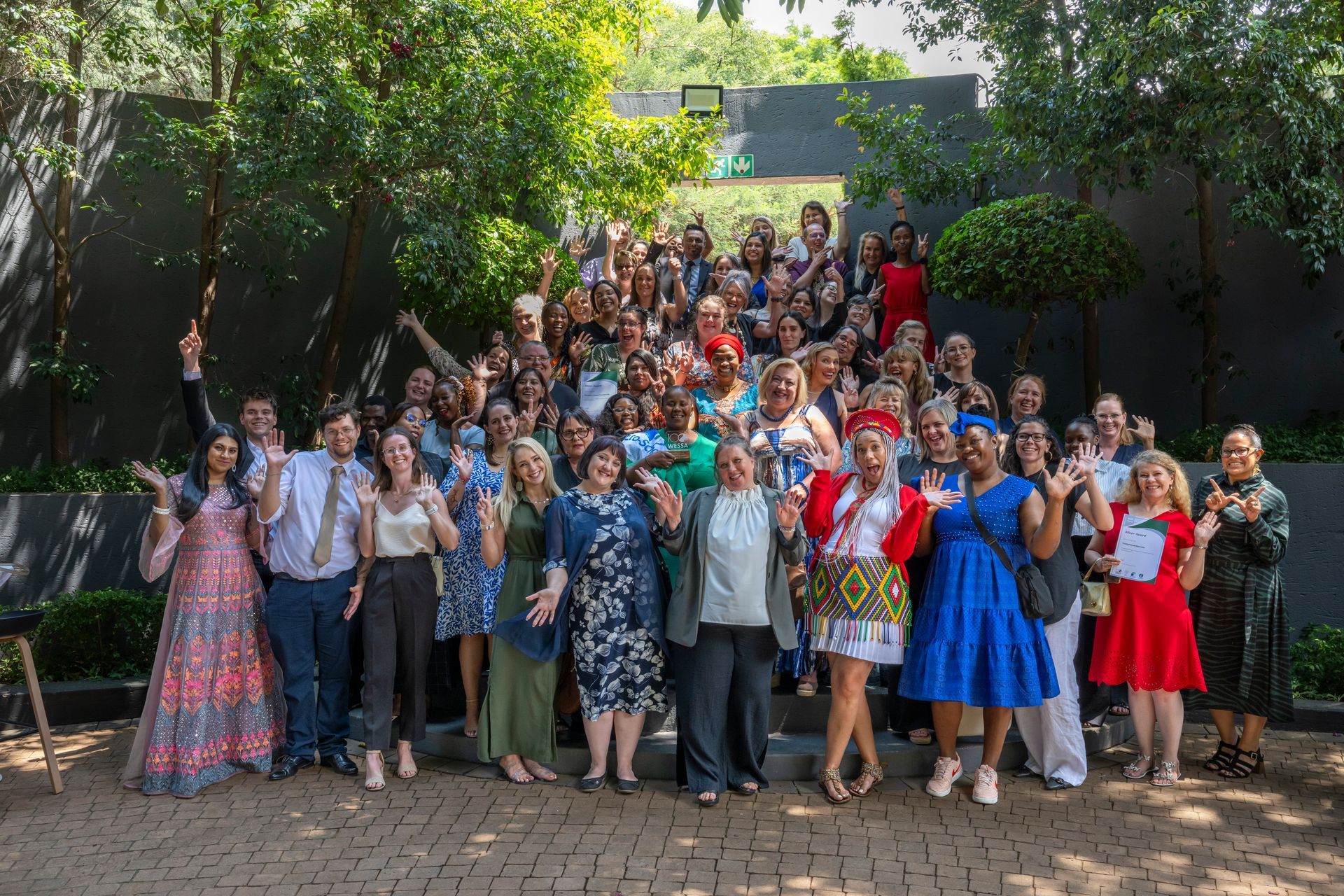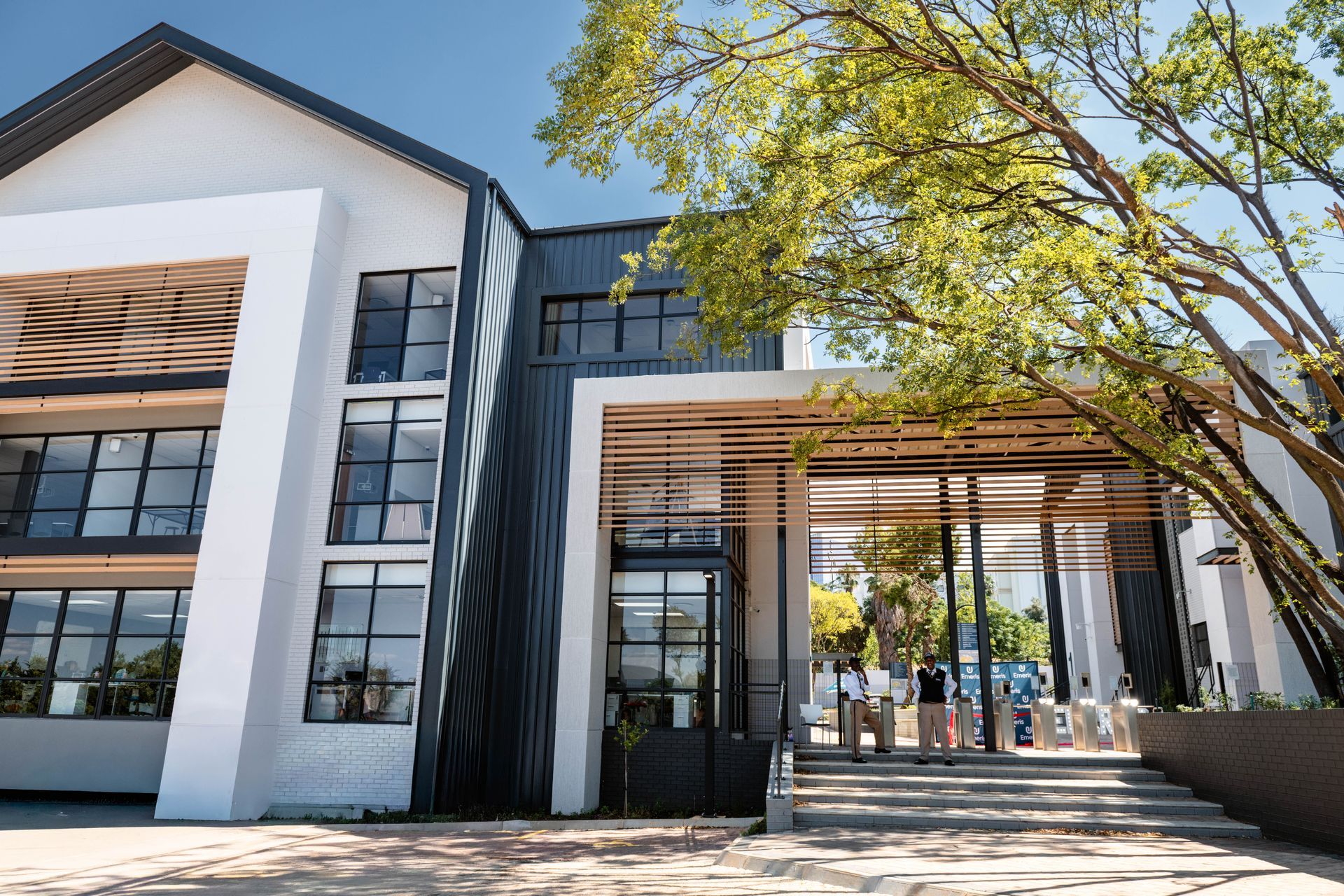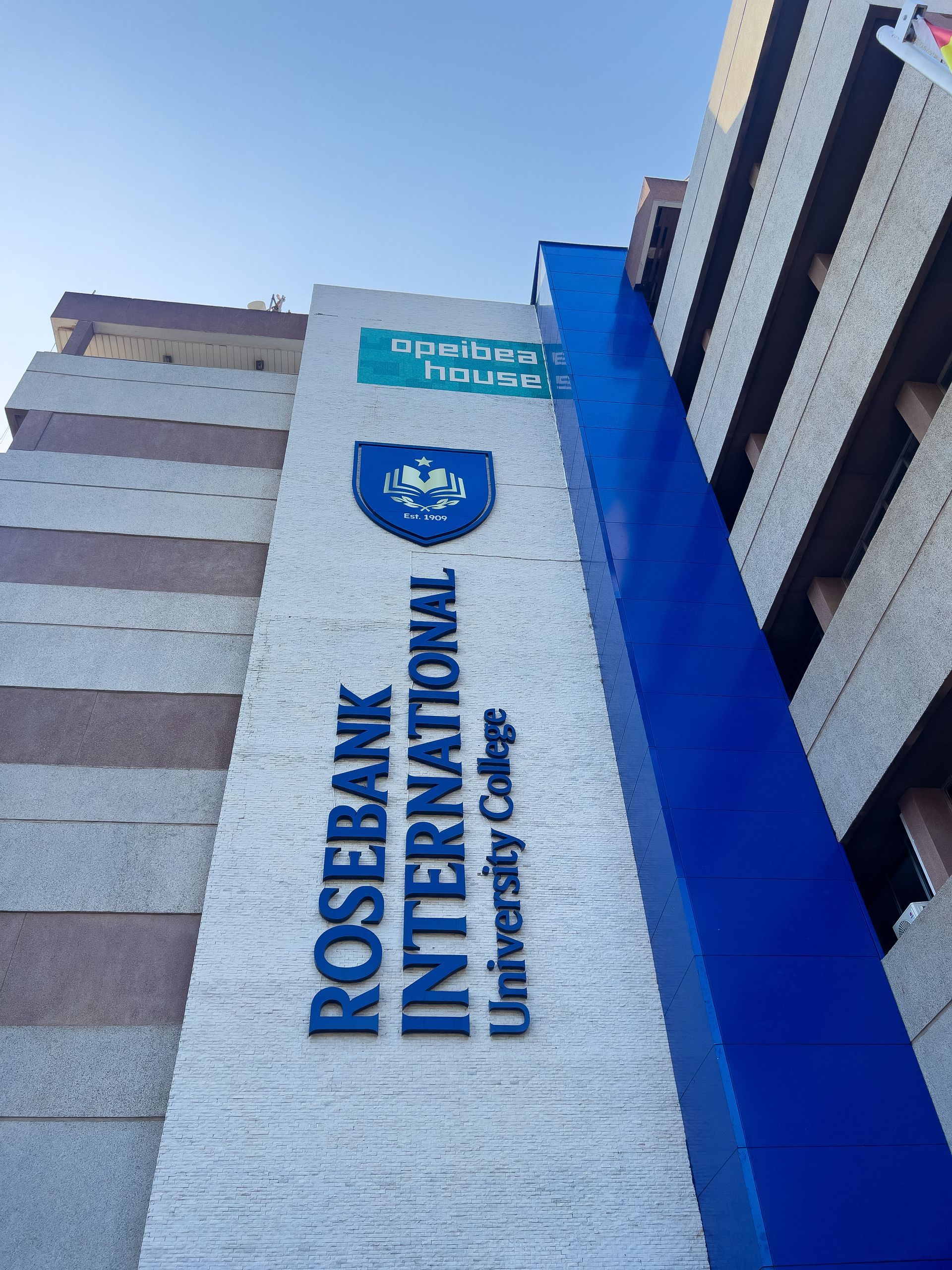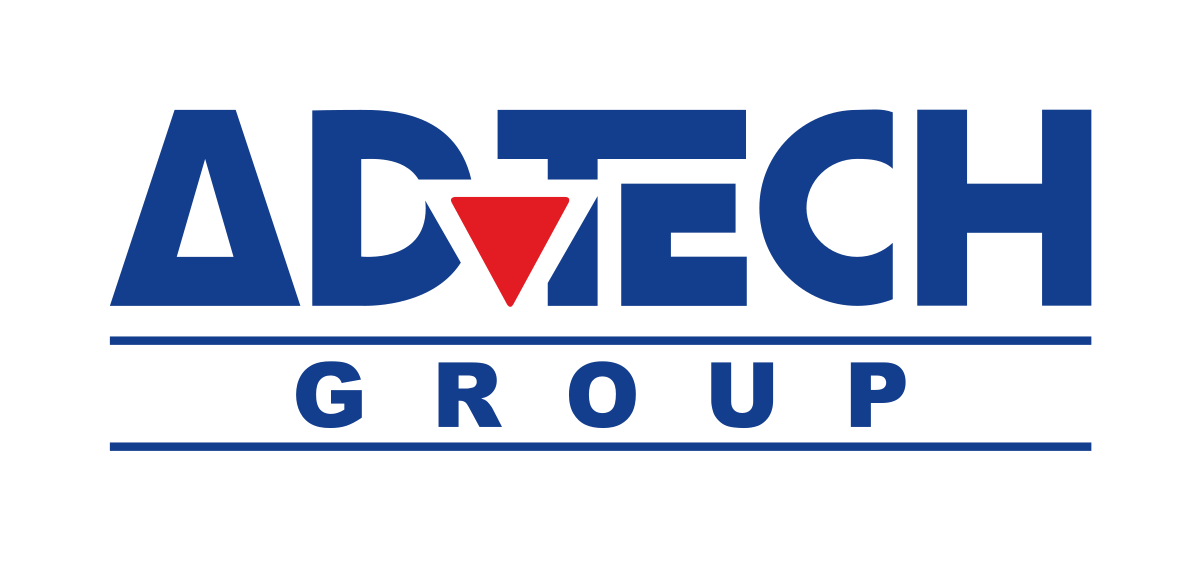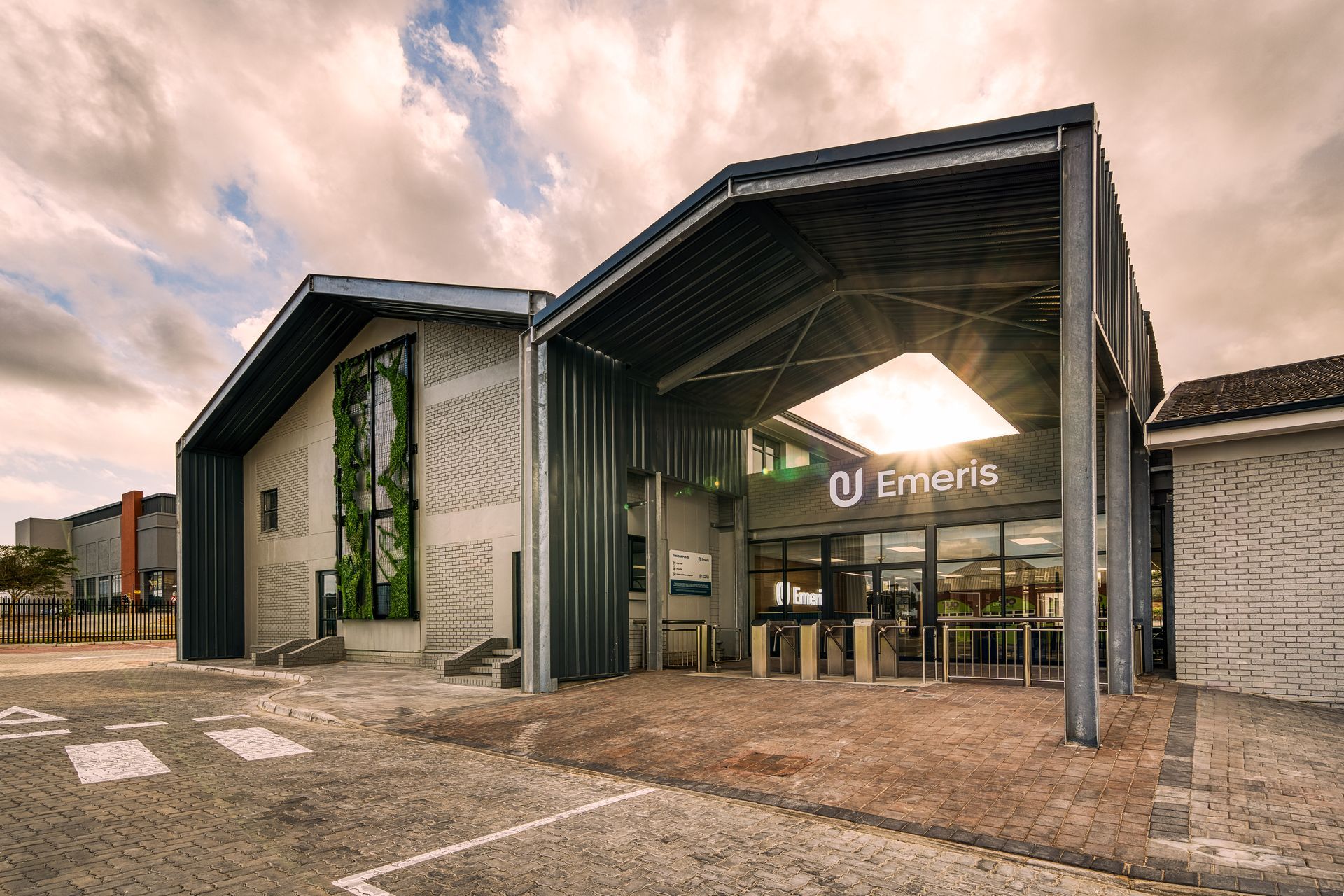The IIE Bachelor of Public Health Degree a scarce and unique tertiary programme in SA
The COVID-19 pandemic has resulted in unprecedented challenges to health and health systems worldwide. The pandemic has, however, highlighted the growing demand for and importance of qualified public health professionals and public health graduates. Public health as a discipline has proven critical to limiting and reducing the transmission of COVID-19 and deaths. In addition, the continuous emergence of new public health and health system challenges increases the demand for more qualified public health professionals, especially at an undergraduate level.
“In most countries, including African countries, government directions for public health programmes are geared towards preventative healthcare in a community setting rather than hospitals in order to deal with the rising health costs caused by the increase in chronic health conditions, co-morbidities and other preventable lifestyle diseases. Government and non-government organisations are therefore in constant need of public health professionals and graduates who are qualified to deal with disease prevention, including health promotion, rather than focussing on a curative and more expensive health model. A public health system oriented toward prevention and proactive measures will be best equipped to encounter a pandemic and respond to other ongoing health challenges”. says Dr Witthuhn, Programme Manager for Health at IIE MSA.
The IIE Bachelor of Public Health qualification differs from a medical or healthcare degree by focusing to a large extent on the detection, surveillance and prevention of disease. The objective of the field or discipline is to reach populations and communities and to detect and prevent health problems before they start, rather than waiting to work with people once they are already sick. The public health approach is therefore based on a preventative health model rather than a curative health model.
The IIE Bachelor of Public Health undergraduate degree combines different academic areas to allow for a multidisciplinary approach to the health care field. The offering covers the population, community, health and wellness aspects in modules such as Foundations of Public Health, Health and Social Care systems, Health Promotion, Global and Local Health Challenges, Culture Society and Health, Health Programme Planning, Health Programme Evaluation, Health Policy and Politics, and Research Methods in the Health Sciences. The undergraduate qualification also covers the more scientific basis of healthcare in a few of the modules such as Biological Bases of Health and Disease I and II, Analysing Patterns of Health and Disease, Treatment and Technologies, and Disease Prevention and Control.
The public health field is a unique area of study providing many professional job opportunities and IIE MSA is one of the few campuses in South Africa to offer it as a field of study as a separate offering to medicine. Employment opportunities include sectors such as government, the private sector, NGOs, Research institutions as well as international healthcare organisations such as the World Health Organisation. It consequently offers almost limitless employment opportunities as well as opportunities for professional specialisation.
Health is important to people and consequently public health is essential to our individual and community well-being, explains IIE MSA Head of School Neil Manson. “A career in public health is highly rewarding as it implies being party to improving people’s lives every day. And the course provides students with a perspective which broadens public health thinking beyond just the individual and why they might make certain health choices, to the wider environment. Students are armed to consider policy related solutions that can be put in place to help people make healthier decisions. Public health problems are so complex and involve people in medicine, nursing, sociology, communications, environmental health, making it a great way to solve problems.”
Manson notes that job market growth in the health, local government, and workplace and education sectors continues unabated. Programme Manager, Dr Jackie Witthuhn, agrees the need for public health workers in every sector is likely to grow in the foreseeable future. “With most of our IIE graduates finding job prospects directly after study, the unemployment rate for public health professionals remains minimal. The practical placement module in the third year of study allows for students to work at various institutions and organisations including government settings such as clinics and hospitals. We further see a growing awareness of this more preventative approach to public health and fully expect graduates of our programmes to be in higher demand. There is a strong demand for multi-skilled public health programme managers, public health policy advocates and for prevention and health promotion workers.
Public Health careers in the public, private, or non-profit sectors include for example:
· Public health programme management
· Development, planning, implementation and evaluation of public health programmes
· Community health work
· Identifying determinants of public health problems by using data and evidence
· Disease prevention and control
· Biostatistics (at entry level)
· Health promotion and health education
· Epidemiology (at entry level)
· Public Health Research Officer
IIE MSA also offers an IIE Honours (with a specific focus on Research, Epidemiology, Biostatistics and Behavioural Medicine) as well as a IIE Postgraduate Diploma in Public Health qualifications (focussing on Health Policy, Management, Leadership and Governance, Epidemiology, HIV and Co-Morbidities, Health Systems Research, Managing Health Systems, Population Health, Planning and Evaluation of Public Health Programmes) as a progression from the Bachelor programme.
This IIE Bachelor of Public Health degree is accredited by the CHE. Registration: NQF Level 7, SAQA ID 91996.
Applications for the IIE Bachelor of Public Health are open and classes start on 28 February 2022. Find more about the public health qualifications on our site by visiting www.iiemsa.co.za to request a consultation with one of our student advisors. Alternatively email us at enquiries@iiemsa.co.za or call us on +27 11 950 4009. The body content of your post goes here. To edit this text, click on it and delete this default text and start typing your own or paste your own from a different source.
ADvTECH Updates
